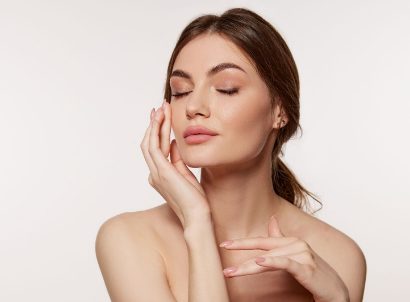
Many people, both sexes, suffer from low self-esteem due to cosmetic flaws such as excessive hair growth, age spots, and acne.
More alternatives than ever before are available because of recent developments in the field of medical aesthetics and laser technology.
According to the ASPS (American Society of Plastic Surgeons), the number of people getting laser hair removal has increased by more than 50% since 2000.
Exactly what does it mean when someone has a laser treatment?
Light amplification by stimulated emission of radiation is what the name “laser” actually stands for. A laser is a device that concentrates a beam of intense light of a single wavelength onto a tiny region.
Ablative lasers and non-ablative lasers are the two main categories of cosmetic lasers.
A laser only produces light of a single wavelength, making it monochromatic. Lasers use a technique called selective photothermolysis for aesthetic purposes.
Is There Anything That Cosmetic Lasers Can’t Fix?
Lasers used in the cosmetic industry can treat a wide range of skin issues. They are typically used to:
Do away with unwelcome hair. In other words, the “anti-hair” movement is not brand new. Women have been using wax and razors to remove hair for decades. According to recent research, nearly all (99 percent) of women who get hair removed do it voluntarily. Hair follicles are what laser treatments for hair removal target and destroy with their intense beams of light. Face, leg, arm, underarm, and bikini line hair are just some of the places where a cosmetic laser can be put to good use.
Remove age spots and sun damage. Clients may feel less confident if they have sun damage or black spots on their skin. Intense Pulsed Light can be used to treat several skin problems (IPL). The light passes harmlessly through the skin to be absorbed by the enlarged blood vessels, melanin, or water. The artery, pigmented lesion, or hair is damaged by heat, and the body begins the healing process on its own.
To lessen the appearance of acne scars. For many teens, acne can be uncomfortable and often embarrassing. Adults under the age of 30 are less likely to suffer from acne than those between 18–30, although even this age group is not immune to breakouts. IPL lasers treat acne by minimizing the appearance of acne scars.
Help your skin tighten up. Because they create regulated damage to the skin, which stimulates collagen formation, most cosmetic lasers give at least some degree of superficial tightening. In any case, tightening the skin can be accomplished using its own set of methods.


